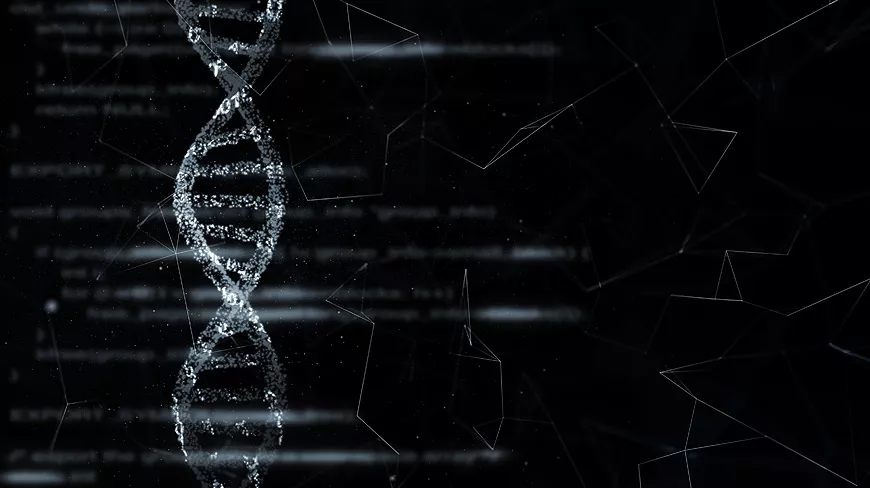Automated learning to streamline outcomes from directed evolution screens
Thanks to the work of researcher Ulisse Ferrari, an algorithm is now able to provide more reliable and precise data to streamline directed evolution protocols. This work, in which research director Deniz Dalkara also participated, was published in Nature Communications.

Directed evolution is a controlled and guided process aimed at inducing specific changes in the genetic or phenotypic characteristics of proteins. Unlike natural evolution, which occurs randomly through natural selection, directed evolution involves deliberate intervention to guide and accelerate desired changes. It is often used in research and bioengineering to improve certain protein characteristics, such as their structure related to their functions like their abilities to interact with specific tissues.
At the Vision Institute, research director Deniz Dalkara uses directed evolution to identify viruses for delivering therapeutic genes to the retina in vivo. These protocols generate immense amounts of biological data, the deciphering of which is often very costly in terms of time and money.
Thanks to a novel algorithm, physicist Ulisse Ferrari seeks to optimize the analysis of these vast amounts of information. To achieve this, machine learning is heavily involved. The data are recorded, compiled, and compared by the algorithm. This artificial intelligence synthesizes the information according to the desired goal to deliver a more reliable, precise, and relevant result.
Before this new technology, Deniz — like all other biologists — could manipulate many times to obtain significant results and determine a ranking of the data. Now, she will be able to identify the effectiveness of genetic variants more precisely while saving resources in time, biological samples, and therefore money.
The algorithm will streamline the approach of directed evolution by advocating for the necessary number of tests. This is a significant innovation in the optimization of directed evolution protocols. It is also a major advancement in reducing the use of preclinical experimental models.
Acquiring more quantitative than qualitative data, more reliable and precise thanks to a mathematical algorithm: a small revolution in the world of biology and directed evolution is underway.
Published study: Nemoto, T., Ocari, T., Planul, A. et al. ACIDES: on-line monitoring of forward genetic screens for protein engineering. Nat Commun 14, 8504 (2023). https://doi.org/10.1038/s41467-023-43967-9
